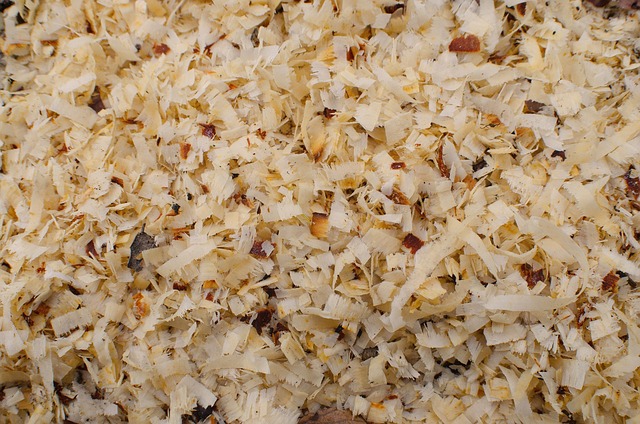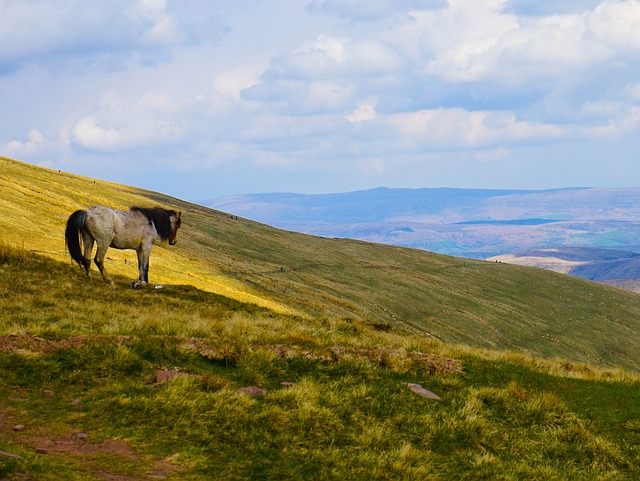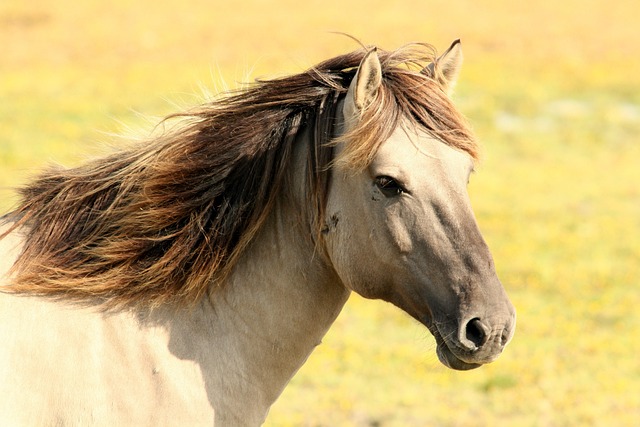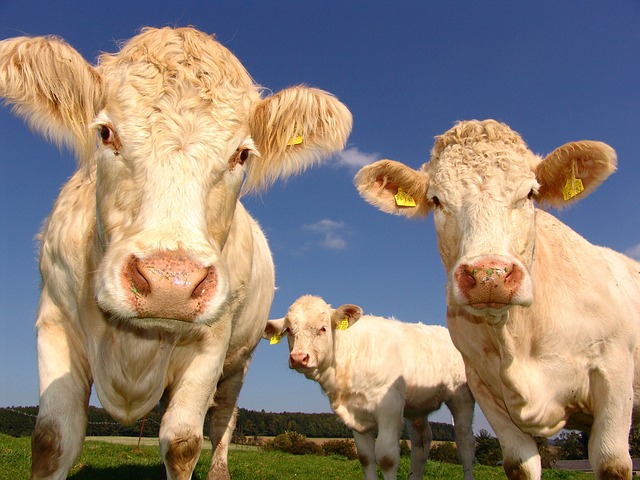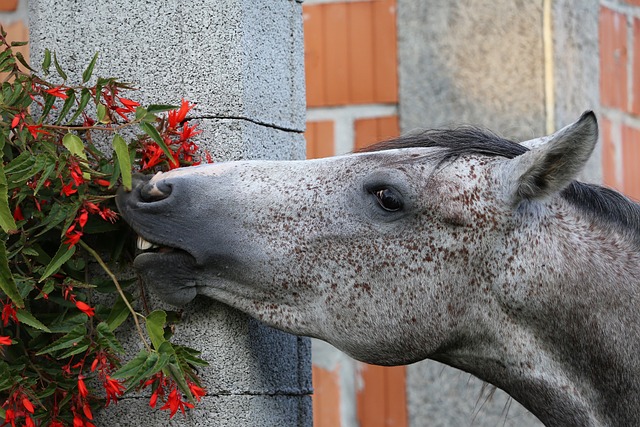
Unusual eating habits
January 31, 2023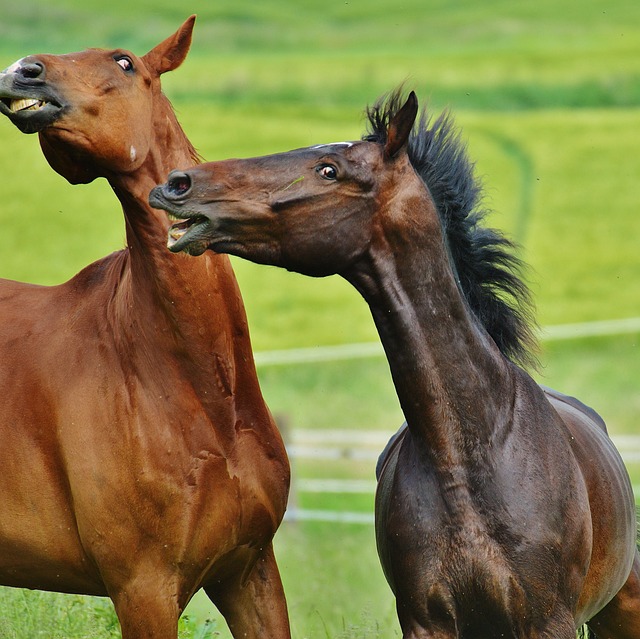
Sexual behavior problems
January 31, 2023Black walnut shavings are a popular bedding material for horses, but it is important to be aware of their potential toxicity. Black walnuts contain a compound called juglone, which can be toxic to horses if ingested in large amounts.
Juglone is found in the leaves, nut husks, and roots of the black walnut tree. When black walnut shavings are used as bedding, horses may ingest the toxic substance while they are lying down, rolling, or chewing on the shavings. Ingesting high levels of juglone can lead to a range of health problems, including colic, diarrhea, lethargy, and even death.
It is important to note that not all horses are equally susceptible to the toxic effects of juglone. Some horses may be able to tolerate small amounts of the substance, while others may experience severe symptoms with even minimal exposure. Factors such as age, weight, and overall health can also play a role in a horse’s sensitivity to juglone.
Horses are susceptible to the toxic effects of black walnut shavings when used as bedding. The toxicity comes from the innermost wood of the black walnut and can result from oral or skin contact. Even bedding that contains a mere 20% of fresh black walnut shavings from either old or new wood can pose a risk of toxicity.
To reduce the risk of toxicity, it is recommended to avoid using black walnut shavings as bedding for horses. If black walnut shavings are used, it is important to monitor the horse’s health closely and seek veterinary attention if any symptoms of toxicity are observed. Other bedding materials, such as pine shavings or straw, can be used as a safer alternative.
In conclusion, while black walnut shavings may seem like a convenient and affordable bedding option, it is important to be aware of their potential toxicity to horses. To ensure the health and well-being of your horse, it is recommended to use alternative bedding materials or to take precautions when using black walnut shavings.

